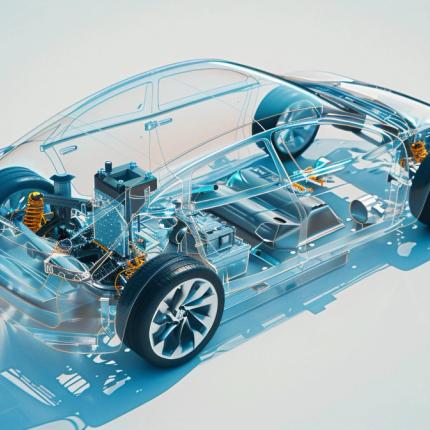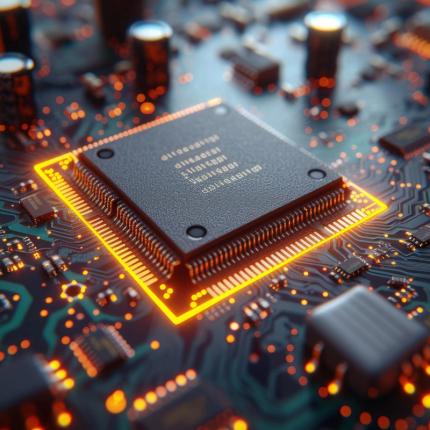
Industries
Morpheus provides versatile thermal solutions suitable for diverse industries seeking compact and lightweight heat exchangers enabled by additive manufacturing technology. These industries include aerospace, automotive, and energy sectors.
01
Aerospace

Aerospace applications utilise a diverse range of heat exchangers with variations in function and construction. These include air-to-air, air-to-liquid, liquid-to-liquid, and two-phase heat exchangers, each serving specific purposes in managing heat within aircraft systems.
02
Motorsport

The motorsport industry depends on advanced heat exchanger technology to achieve optimal performance, efficiency, and a competitive edge. Key examples include water charge air coolers and transmission hydraulic oil coolers. These heat exchangers must feature lightweight construction, a compact design, high reliability, and exceptional pressure and thermal performance. These attributes are essential for boosting vehicle efficiency, minimising emissions, and enhancing overall performance.
03
Energy

The energy sector depends on efficient thermal management solutions to optimise the performance and longevity of critical systems, including power generation, renewable energy, and waste heat recovery. Heat exchangers in this industry must offer superior thermal performance, robust construction, and adaptability to various fluids and operating conditions. Efficiency, durability, and reliability are essential to contribute to enhanced energy production, reduced operational costs, and improved sustainability.
04
Electric vehicles

The electric vehicle (EV) industry demands innovative thermal management solutions to ensure the efficiency and reliability of key systems, including batteries, power electronics, and electric motors. Thermal management systems for electric vehicles must be lightweight and compact, providing efficient cooling without adding unnecessary weight. Managing the thermal loads of high-power components is critical to ensure optimal performance and longevity. Key considerations include thermal performance, vibration resistance, pressure drop, and seamless integration into EV systems, which are essential for enhancing vehicle efficiency, extending battery life, and supporting the overall advancement of electric mobility.
05
Electronics

Efficient thermal management is essential for the performance and longevity of electronic systems, such as power electronics and data centres. Thermal management systems must meet the specific cooling needs of these applications, providing precise cooling while maintaining low power consumption.